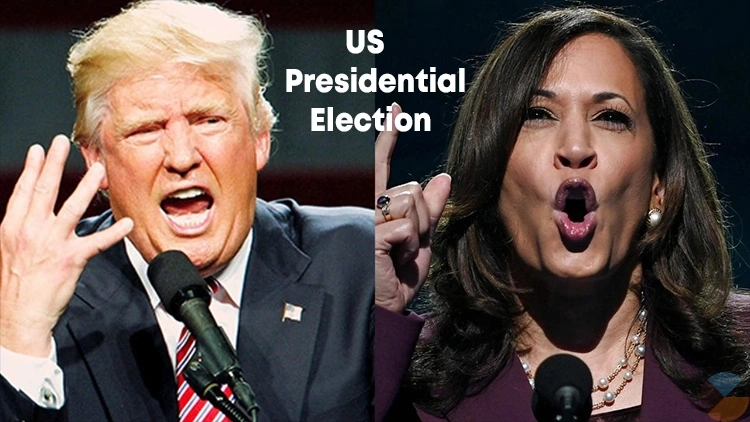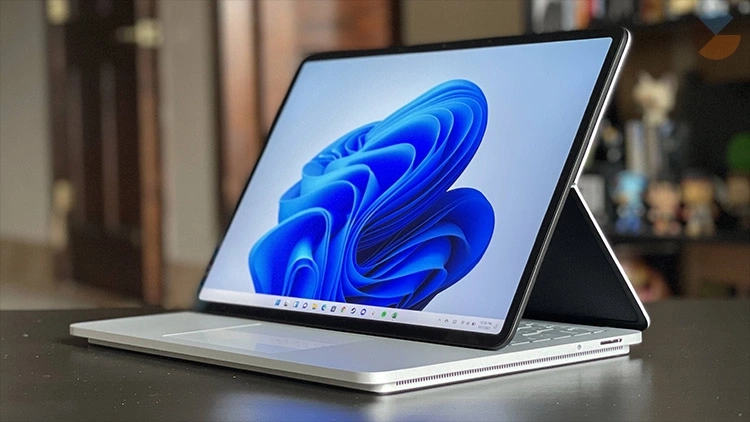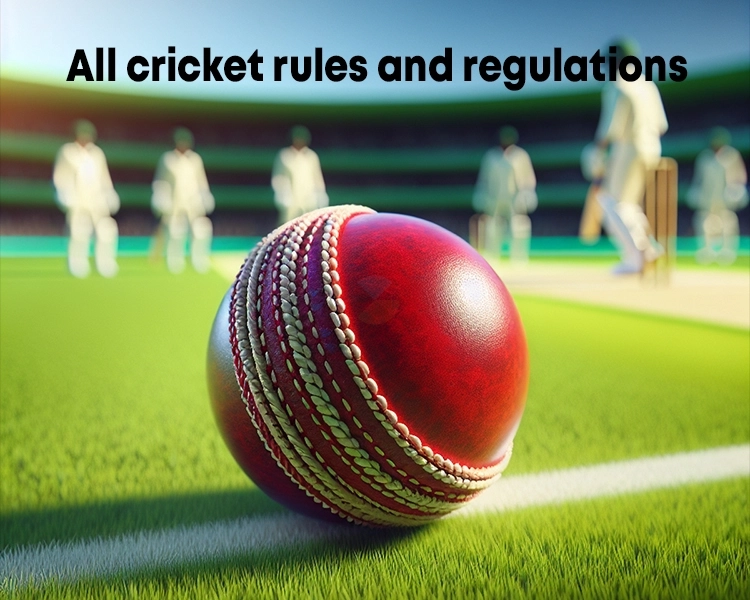US Presidential Election: A Major Global Event in the Making
The US Presidential Election is one of the most significant events not only in American politics but globally. Every four years, the world's eyes turn toward the United States, as the outcome of the election impacts not just the future of the country but also the global economy, international relations, and even environmental policies. The US Presidential Election represents a time of intense debate, policy scrutiny, and the expression of democratic values. In this article, we’ll dive deep into the dynamics of the upcoming US Presidential Election, explore the candidates vying for the position, and examine the factors that make this election especially important.
1. The Importance of the US Presidential Election
The US Presidential Election has far-reaching implications that extend beyond American borders. As the world's leading superpower, the United States plays a crucial role in shaping international policies and addressing global challenges. The election results can influence key areas such as trade, foreign relations, climate change, and military strategy. This is why millions of people, both in the US and abroad, closely follow the campaigns and debates, seeking to understand how the next President of the United States will shape the future.
One reason the US Presidential Election garners so much attention is due to the US’s leadership in the global economy. The President’s decisions on trade agreements, taxation, and fiscal policies can ripple through financial markets around the world, affecting currencies, stock prices, and even the economic stability of other nations. A change in leadership or direction could mean a shift in global alliances, which is why the election results are awaited with bated breath by governments, businesses, and citizens worldwide.
2. The Candidates and Campaigns
The US Presidential Election is usually a battleground between the two dominant political parties: the Republicans and the Democrats. Each election cycle brings forward a fresh set of candidates, each with their own vision for the country and their own approach to solving its problems. The 2024 election is no exception, with a number of candidates vying for the presidency, both from the two major parties and smaller independent campaigns.
For the Democratic Party, the current president, Joe Biden, is seeking re-election. His administration's focus has been on addressing climate change, racial justice, and navigating the challenges posed by the COVID-19 pandemic. Biden’s platform emphasizes the continuation of policies aimed at promoting economic recovery, infrastructure development, and social equity. However, his age and concerns about his ability to complete another term have sparked debates even within his own party.
On the Republican side, Donald Trump, the former president, has announced his intention to run for office again in the US Presidential Election. Trump’s campaign has largely focused on issues such as border security, foreign policy, and reducing government regulations. His populist approach and fiery rhetoric continue to appeal to a significant portion of the Republican electorate, although his polarizing presence also energizes his opposition.
Other contenders from both parties have also entered the race, hoping to present themselves as alternatives to the leading candidates. These include more progressive Democrats who believe that the Biden administration has not gone far enough in tackling issues such as healthcare reform and income inequality, as well as more moderate Republicans who seek to distance themselves from Trump’s brand of politics.
3. Key Issues at Stake
Each US Presidential Election is defined by the pressing issues of its time, and the 2024 election is no different. A number of topics are likely to dominate the discussion, as candidates present their solutions to some of the most critical problems facing the country.
a. Economy and Inflation
Inflation and economic inequality are top concerns for many Americans. Rising prices for essential goods such as food, housing, and healthcare have left many struggling to make ends meet. The candidates in the US Presidential Election are expected to present plans for combating inflation, boosting wages, and creating jobs. The debate over whether the government should increase spending to stimulate the economy or cut taxes to encourage private investment will be central to the campaigns.
b. Climate Change
Climate change continues to be a polarizing issue in American politics. While the Biden administration has taken steps to address environmental concerns, including rejoining the Paris Agreement and investing in clean energy, there remains significant opposition, particularly among Republicans, who argue that these policies hurt businesses and lead to job losses in industries such as coal and oil. In the US Presidential Election, voters will have to decide which direction they want the country to take on this issue—continued focus on renewable energy and environmental protections, or a return to more traditional, fossil-fuel-based economic policies.
c. Healthcare
The US Presidential Election will also be heavily influenced by debates over healthcare. The COVID-19 pandemic exposed weaknesses in the American healthcare system, reigniting calls for reform. On one side of the spectrum, progressive Democrats are advocating for a single-payer, universal healthcare system. Meanwhile, Republicans and some moderate Democrats argue for a more market-based approach to healthcare, emphasizing the importance of choice and competition in lowering costs.
d. Immigration
Immigration remains one of the most contentious topics in American politics. The US Presidential Election will feature heated debates over border security, asylum policies, and pathways to citizenship for undocumented immigrants. Republicans generally favor stricter border control and immigration enforcement, while Democrats are more likely to support comprehensive immigration reform, including policies that offer legal protections for "Dreamers" (undocumented immigrants brought to the US as children) and others seeking a path to legal residency.
e. Social Justice and Civil Rights
The US Presidential Election comes at a time when issues of racial justice, policing, and civil rights are at the forefront of national conversations. The Black Lives Matter movement and increased attention to systemic racism have pushed these issues onto the political agenda. Candidates will need to address how they plan to tackle racism, reform the criminal justice system, and promote equality.
4. International Relations and Global Policy
The President of the United States also holds the title of Commander-in-Chief, with considerable influence over foreign policy. This is why the US Presidential Election attracts so much international interest—different candidates can bring dramatically different approaches to global relations.
Under President Biden, the US has worked to strengthen its alliances, particularly with NATO, and has sought to restore its global standing after a period of isolationism during the Trump administration. Biden's focus has been on rebuilding trust with allies and confronting global challenges like climate change and international security.
Donald Trump, on the other hand, advocates for an "America First" foreign policy. This approach emphasizes reducing US involvement in international organizations and focusing on domestic priorities. Trump’s foreign policy stance includes cutting back on foreign aid, renegotiating trade deals, and reducing the US military’s presence in foreign countries, particularly in conflict zones such as the Middle East.
Other candidates in the US Presidential Election are likely to propose variations of these approaches, with some advocating for a more interventionist foreign policy, particularly in areas such as human rights and democracy promotion, while others will call for a greater focus on domestic issues and less involvement in global conflicts.
5. Election Integrity and Voting Rights
A key issue in the upcoming US Presidential Election is election integrity. In the aftermath of the 2020 election, concerns about voter fraud, voter suppression, and the security of mail-in ballots have become central to political debates. Some Republicans have pushed for stricter voter ID laws and limits on mail-in voting, arguing that these measures are necessary to prevent election fraud. On the other hand, Democrats generally support expanding voting rights, making it easier for all Americans to participate in the democratic process.
The 2024 US Presidential Election is likely to see continued debate over these issues, with candidates presenting their plans to either protect or reform the voting process. The stakes are high, as trust in the election system is fundamental to the stability of American democracy.
6. The Role of Media and Social Media
In the digital age, media—especially social media—plays a huge role in shaping the US Presidential Election. Campaigns are no longer confined to TV ads and rallies; candidates now rely heavily on social media platforms like Twitter, Facebook, and Instagram to communicate directly with voters. While this allows for greater engagement, it also opens the door for misinformation and polarization.
In past elections, foreign interference through social media has also been a major concern, leading to heightened scrutiny of how information spreads online. In 2024, both campaigns and voters are expected to be more vigilant in ensuring that the information they consume and share is accurate.
The US Presidential Election is more than just a national event; it is a global one with profound implications for the future. As the race heats up, the world will be watching closely, following the campaigns, policies, and debates that will shape the next chapter in American history. With so many critical issues at stake—ranging from economic recovery and healthcare to climate change and international relations—voters will be tasked with making a decision that could alter the course of not only the US but also the world.
Whether it's the debates over immigration, social justice, or the environment, the 2024 US Presidential Election will set the tone for the direction in which America heads in the coming years. As the candidates present their visions, voters must weigh their options carefully, knowing that their choice will have far-reaching consequences.









 Ingning
Ingning







